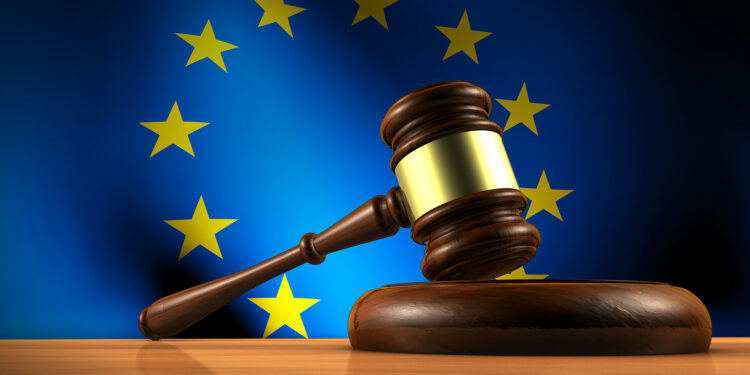In recent years, the European Union (EU) has repeatedly taken measures to regulate the dominance of large tech companies and ensure fair competition. The most recent example is the conflict between the EU and Apple regarding the introduction of Apple Intelligence and iPhone screen mirroring.
As an Apple product user, you've probably heard about innovative features like Apple Intelligence and iPhone screen mirroring. But why aren't these being rolled out in the EU? The answer lies in a complex interplay of regulatory requirements and corporate strategies. Let's take a deeper look.
Apple's announcement and the EU's reactions
On June 21, 2024 quit Apple announced that Apple Intelligence and iPhone screen mirroring will not be rolled out in the EU for now. Apple says security concerns related to the EU's Digital Markets Act (DMA) requirements are paramount. However, Apple stressed that it is willing to work with the European Commission to bring these features safely to the region.
Margrethe Vestager's criticism
EU Commissioner Margrethe Vestager expressed was critical of Apple's decision. At the Forum Europe conference in Brussels, she described Apple's stance as an "astonishing explanation" for how anti-competitive the company was. She accused Apple of deliberately hindering competition by not introducing its new features in the EU.
Apple's security concerns
Apple argues that the DMA's interoperability requirements could jeopardize the integrity of its products. In particular, the company fears that users' privacy and data security could be compromised by the measures required. One example is iPhone screen mirroring, which requires device notarization. This technology would be compromised by the DMA's requirements because it would also have to be compatible with Android devices.
The EU's position
Despite Apple's concerns, the EU is sticking to its position. Vestager stated that the EU has serious problems with Apple's approach and continues to monitor compliance with the DMA critically. The EU had previously fined Apple almost 2 billion euros because the company allegedly favored its own Apple Music service.
Possible developments
It remains to be seen how the situation will develop. Apple has signaled that it wants to continue working on a solution to bring the new features to the EU without compromising user security. At the same time, the EU remains steadfast in its demand for fair competition.
Apple and the EU in tension: security vs. fair competition
The dispute between Apple and the EU shows how complex the regulation of large tech companies can be. While Apple points to security concerns, the EU insists on compliance with competition rules. It will be exciting to see how both sides will find a solution that ensures both user protection and fair competition. (Photo by NiroDesign / Bigstockphoto)





